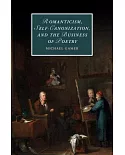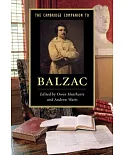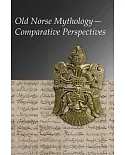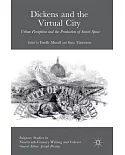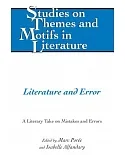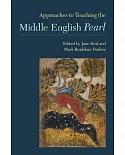Joseph Bédier (1864-1938) was one of the most famous scholars of his day. He held prestigious posts and lectured throughout Europe and the United States, an activity unusual for an academic
of his time. A scholar of the French Middle Ages, he translated Tristan and Isolde as well as France's national epic, The Song of Roland. Bédier was publicly committed to French
hegemony, yet he hailed from a culture that belied this ideal-the island of Réunion in the southern Indian Ocean.
In Creole Medievalism, Michelle Warren demonstrates that Bédier's relationship to this multicultural and economically peripheral colony motivates his nationalism in complex ways.
Simultaneously proud of his French heritage and nostalgic for the island, Bédier defends French sovereignty based on an ambivalent resistance to his creole culture. Warren shows that in the
early twentieth century, influential intellectuals from Réunion helped define the new genre of the "colonial novel," adopting a pro-colonial spirit that shaped both medieval and Francophone
studies.
Probing the work of a once famous but little understood cultural figure, Creole Medievalism illustrates how postcolonial France and Réunion continue to grapple with histories too
varied to meet expectations of national unity.




